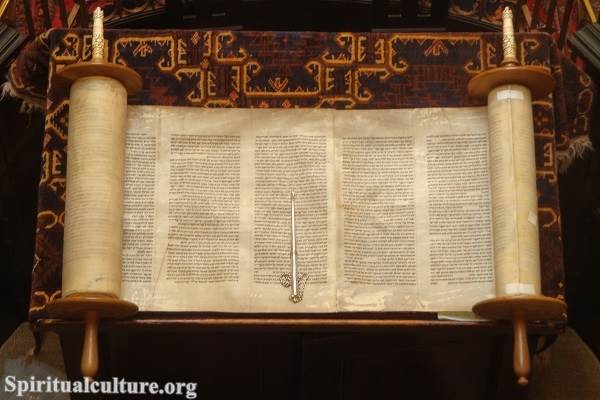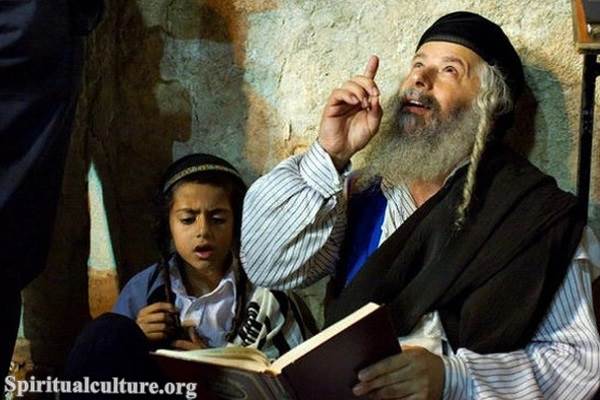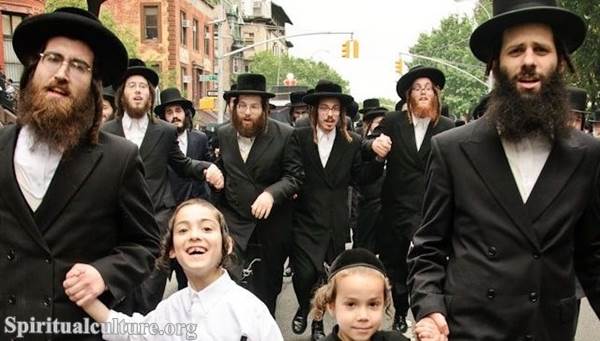In the vast spectrum of global cultures and traditions, one of the most fascinating and richly symbolic is Judaism. With its deep-rooted history, profound teachings, and vibrant customs, Judaism has significantly influenced the world’s socio-cultural and religious landscape. One such remarkable Jewish tradition is Hanukkah, a festival of lights that holds a special place in Jewish culture.
Judaism
Judaism, one of the oldest monotheistic religions in the world, is rooted in the covenant established between God and Abraham around 2000 BC. It is a faith that has not only survived centuries of persecution and hardship but has also thrived, giving rise to a vast array of traditions and celebrations. Judaism places a significant emphasis on the importance of life, family, and community, all of which are beautifully reflected in its festivals and observances.
One of the most beloved and widely recognized Jewish holidays is Hanukkah, also known as Chanukah. This festival, celebrated with great joy and fervor, offers a captivating glimpse into the spirit of Judaism. But what exactly is Hanukkah, and when does Hanukkah start? Let’s delve deeper into the significance, history, and timing of this cherished Jewish celebration.
What is Hanukkah?
Hanukkah, also known as the Festival of Lights, is an eight-day Jewish holiday commemorating the rededication of the Second Temple in Jerusalem during the second century B.C. The festival is observed with the lighting of the menorah, traditional foods, games, and gifts.
The story of Hanukkah begins in the reign of Alexander the Great, who allowed the lands he conquered to continue observing their own religions. The Jewish people were permitted to practice their customs and live peacefully. However, this changed under the rule of Antiochus IV Epiphanes of Syria, who outlawed Judaism and desecrated the Holy Temple in Jerusalem.
This led to the Maccabean Revolt, led by Jewish priest Mattathias and his five sons, which successfully drove the Syrians out of Jerusalem. When the Jewish people returned to cleanse and rededicate the Holy Temple, they found only enough consecrated oil to light the menorah for one day. Miraculously, the oil burned for eight days, which is why Hanukkah is celebrated for eight days.
Hanukkah is a celebration of this miracle, and it serves as a symbol of Jewish resilience and the triumph of light over darkness, good over evil, and freedom over oppression.
When does Hanukkah start?
Hanukkah begins on the 25th day of Kislev, according to the Hebrew calendar, which can occur anytime from late November to late December in the Gregorian calendar. The exact date varies from year to year but always falls within this window.
The festival lasts for eight days and nights, during which a candle is lit on the menorah each night until all eight candles (plus the ‘shamash’ or helper candle) are burning. This is done to commemorate the miracle of the oil and to fill homes and hearts with light and warmth during the darkest time of the year.
In conclusion, Hanukkah is a deeply significant celebration in Judaism, encapsulating the faith’s resilience, hope, and joy. Its timing, based on the lunar Hebrew calendar, adds a beautiful element of anticipation and variability. Whether you’re Jewish or not, understanding Hanukkah provides a glimpse into the rich tapestry of Jewish tradition and the enduring spirit of a people who have overcome great adversity to keep their faith and traditions alive.



